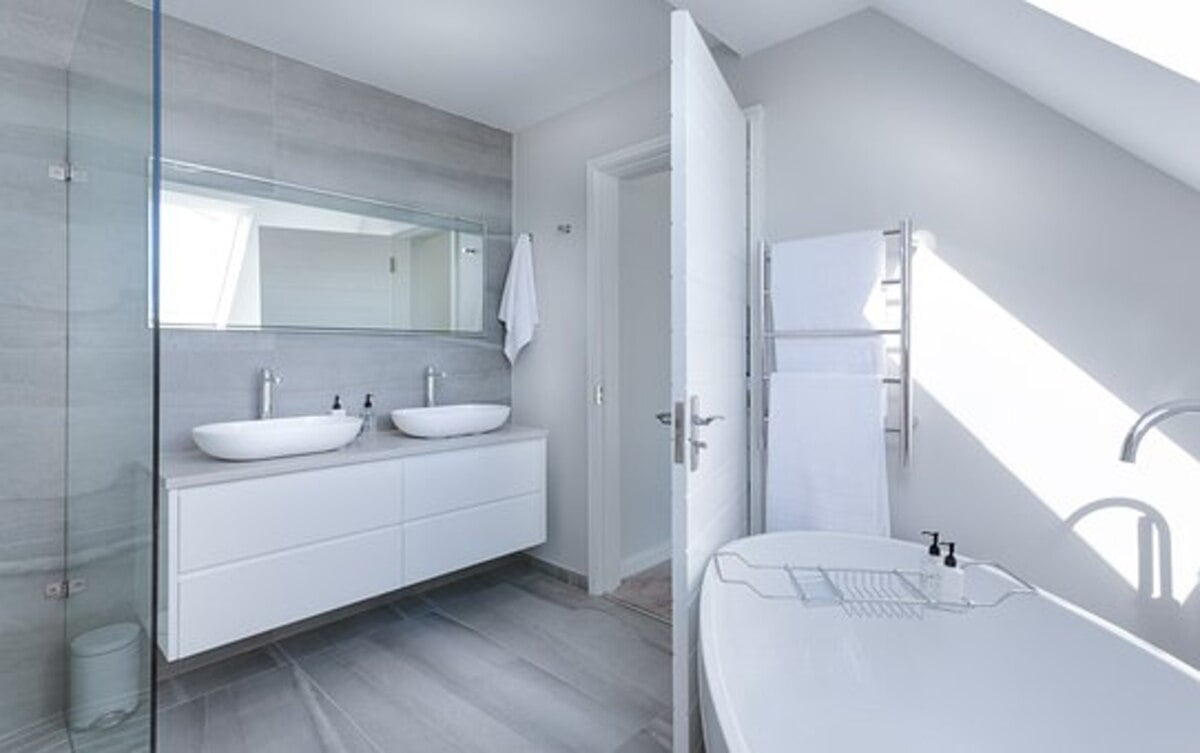Room interior design involves creating an environment in your home that maximizes its potential in terms of functionality and aesthetics, considering your specific needs, preferences, and personality. Check out https://bodaq.com/kitchen-countertop-renovation-without-replacing/ to know more
Psychology plays an integral part in interior design. Make sure that the layout, colors, and fabrics you use reflect what emotions you wish to induce with your interior decor choices.
Color
Color is an integral element of room interior design and can help set the atmosphere in any space. Choose darker hues to create an intimate atmosphere or bolder ones with lighter tones to liven things up!
Color can also alter the perception of space within a room and its apparent size; darker hues create the impression that a room is smaller, while lighter tones expand it.
Color can also help increase comfort in chilly climates, particularly in bedrooms and other places where residents need to remain warm. Warmer tones tend to be preferred.
Lighting
Lighting is one of the key elements in room interior design and can dramatically impact how a space feels. Professional designers employ lighting to change both mood and size of rooms while adding aesthetic value.
Light is another essential factor when designing any room’s color scheme, as its effects can accentuate certain surfaces while diminishing others. For example, dark walls may make the room smaller, while lighter colors create an impression of space and openness.
There are three main types of lighting: ambient, task, and accent lighting, which can be combined and tailored to suit the requirements of any space.
Furniture
Furniture is an integral component of room interior design as it impacts movement, focal points, arrangement, and functionality while reflecting an owner’s style and identity.
An effective furniture arrangement must center around one central theme that serves as the centerpiece for the room, such as a fireplace, gallery wall, window, or TV stand.
Next, arrange the seating around this focal point by beginning with the most significant piece, then placing smaller seats opposite or adjacent.
Fabrics
Fabrics add depth and texture to a room’s design by providing surface through curtains, throw pillows, or other embellishments. GGiving each room its unique aesthetic and feel with fabric fabrics can help your room truly stand out.
Various fabrics are on the market today, each offering distinctive characteristics. Select one that best meets your desired look, function, and budget requirements.
Natural fabrics like cotton woven from natural fibers or wool sheared from sheep make great choices for various projects, providing warmth, beauty, durability, and long-term use.
Flooring
Flooring plays an integral part in creating an appealing interior space. It should be durable and comfortable while matching up well with any decor elements you may have selected for the room.
Dark wood floors such as walnut or exotic Brazilian cherry can help make any small room appear more prominent when combined with appropriate wall color, trim, and molding choices. When coupled with this effect, cramped spaces become much more open.
Tile can help make any room seem larger. Larger tiles reduce grout lines which help open up space further.
Accessories
Accessories add color, texture, and shine to a room while finishing off the look of design projects and emphasizing personal styles.
Decorations can transform a room from inviting and cozy to serious and businesslike instantly, suggesting elegance or humor, clashing dramatically with their surroundings, or complementing them perfectly.
Interior designing rooms require accessories and using them correctly to give each space its desired finish and character. Without the proper accent, pieces or decorations in an area may leave it looking incomplete or seemingly assembled hastily.
Read Also: How To Cope With15462 The Pain Of A Broken Coronary Heart


 Home
Home